On the afternoon of February 3, Prime Minister Pham Minh Chinh , Head of the Government's Steering Committee for Administrative Reform (Steering Committee), chaired the Third Session of the Steering Committee to review administrative reform work in 2022 and deploy tasks for 2023. The meeting was held online between the Government headquarters and 63 provinces and centrally-run cities.
Attending the meeting were Deputy Prime Minister Tran Luu Quang; Deputy Heads of the Steering Committee: Minister of Home Affairs Pham Thi Thanh Tra; Minister, Head of the Government Office Tran Van Son; leaders of ministries and branches who are members of the Steering Committee and Chairmen of People's Committees of provinces and cities.
Administrative reform is a key task of all levels and sectors.
At the meeting, leaders of ministries, branches and localities discussed and clarified the achieved results, identified limitations, difficulties and obstacles, and proposed key tasks and solutions to promote administrative reform in the coming time.
At the review meeting, implementing one of the three strategic breakthroughs identified by the Party and State, the Government and ministries, branches and localities have proactively, focused and actively reformed administration and achieved positive results.
The Government and the Prime Minister have issued many instructions to remove difficulties and obstacles, and promote administrative reform. Ministries, branches and localities have proactively implemented specific solutions to improve the effectiveness of administrative reform. Particularly, ministries and ministerial-level agencies have proposed nearly 1,100 tasks, clearly assigned responsibilities and implementation time; issued 342 documents to direct, urge and thoroughly implement.
Institutional reform and improvement work has been focused on, with many innovations, focus, key points and effectiveness. The Government has submitted 20 draft laws to the National Assembly; organized 9 thematic sessions on law, approved 39 proposals for law making and draft laws; issued 125 decrees; the Prime Minister issued 29 decisions; ministries issued over 400 circulars.
The work of inspection, review, monitoring of enforcement, dissemination and education of law has been strengthened. During the year, ministries, branches and localities have inspected nearly 12,000 legal documents under their authority, reviewed more than 27,800 documents and recommended handling of more than 5,700 documents.
Administrative procedure reform and improvement of the investment and business environment have been promoted to better serve people and businesses. Accordingly, 1,041 business regulations in 101 documents have been reduced and simplified.
The whole country has established 11,700 One-Stop-Shop units at all levels to receive and handle administrative procedures, of which 56/63 localities are organized according to the model of Provincial Public Administration Service Center; 100% of ministries, branches and localities have built and put into operation public service portals and electronic One-Stop-Shop information systems at the ministerial and provincial levels.
Nearly 4,400/6,502 administrative procedures provide online public services, reaching over 67%; more than 164 million records have synchronized status; more than 4.6 million online payment transactions. Basically completed the integration, providing 25/25 essential public services according to Project 06 on the National Public Service Portal.
The meeting also assessed that the administrative reform has been vigorously implemented and achieved many positive results. To date, 24 decrees have been issued stipulating the functions, tasks, and organizational structures of ministries and agencies, cutting 17 general departments and equivalent organizations, reducing 24 departments, 118 divisions under departments/offices, etc.
There have been many innovations in public service and civil servant reform. The National Database System on cadres, civil servants and public employees has been launched and put into operation, expected to manage nearly 2.5 million electronic records. Information systems serving direction and administration continue to be deployed and promoted effectively.
National digital transformation has been implemented strongly and substantially, promoting the construction of e-Government, towards digital government, digital economy, and digital society. Accordingly, the whole country has directed the drastic and synchronous implementation of Project 06 nationwide; to date, nearly 78 million electronic chip-embedded citizen identification cards have been issued; data connection between the National Population Database and 13 ministries, branches, 4 enterprises, and 57 localities.
Along with the report on administrative reform, at the meeting, leaders of ministries, branches and localities also shared solutions to improve the efficiency of online provision of essential public services; the digital transformation process; experiences in improving the efficiency of administrative procedure reform at the local level; streamlining the apparatus of public service units; lessons learned from the pilot implementation of recruitment exams for leadership and management positions at administrative agencies and service units...
Concluding the meeting, the Prime Minister acknowledged, commended and highly appreciated the efforts and achievements of ministries, branches and localities; the drastic direction of the members of the Steering Committee in administrative reform, which has made important contributions to the overall success of the country.
The Prime Minister affirmed that administrative reform aims to facilitate people and businesses; reduce work processing time for civil servants and public employees; contribute to preventing and combating corruption and negativity; reduce input costs, increase competitiveness for goods and services; and create a public, transparent and clean administrative environment. Therefore, the Party and State have identified this as one of the strategic breakthroughs.
Along with emphasizing some outstanding results of administrative reform in recent times, the Prime Minister also pointed out some limitations that need to be overcome soon, such as: there are still many administrative reform tasks that have not been completed; administrative procedure reform, cutting regulations related to business activities in some ministries, branches and localities have not been implemented seriously, fully, effectively and promptly; the digitization of records, documents and results of administrative procedure settlement is still slow; the level of satisfaction of people and businesses is still not high...
“46/63 provinces still allow harassment and inconvenience in the implementation of administrative procedures and public services; 22/63 localities allow officials and civil servants to suggest paying additional money in addition to fees and charges - “grease money”, the Prime Minister reminded.
Take the satisfaction level of people and businesses as a measure
Along with presenting viewpoints and requirements for administrative reform according to the Government's motto of action "Solidarity, discipline; courage, flexibility; innovation, creativity; timeliness, efficiency", the Prime Minister directed to emphasize the key tasks of administrative reform in 2023 and the coming time.
The Prime Minister said that 2023 is the year of digital data, the Government has a policy to build a National Data Center, so all ministries, branches and localities must join hands to build their own databases; contribute to implementing the Resolution of the 13th National Congress, the Resolution on the 5-year Socio-Economic Development Plan 2021 - 2025; build a socialist rule-of-law state of the people, by the people, for the people.
The Head of Government directed that the implementation of administrative reforms closely follow the Party's guidelines and policies and the State's laws and policies; put national and ethnic interests above all; and carry out tasks with focus, key points, resolutely, regularly, continuously and effectively.
Ministries, sectors and localities focus on promoting administrative reform associated with innovation, digital transformation, improving the investment and business environment, enhancing national competitiveness, focusing on institutional reform, cutting administrative procedures, especially administrative procedures within the State, business regulations, reducing time and administrative costs, improving the quality of online public service provision, increasing the satisfaction of people and businesses, taking people and businesses as the subject and center of service.
The Prime Minister requested ministries, branches and localities to step up the review and promulgation of specific tasks and solutions to create breakthroughs in administrative reform, including promulgating the 2023 administrative reform plan of ministries, agencies and localities before February 15, 2023; urgently completing outstanding tasks of 2022; effectively implementing the tasks assigned in Resolution No. 01/NQ-CP of the Government to improve the business environment and enhance national competitiveness.
“It is necessary to drastically implement the Program to reduce and simplify regulations related to business activities in the period of 2020 - 2025; promote administrative procedure reform, modernize the direction and management methods in Resolution No. 131/NQ-CP; study, amend and supplement legal documents to implement the plan to decentralize administrative procedures; review and simplify internal procedures in the State administrative system; innovate the implementation of the one-stop, one-stop mechanism in handling administrative procedures; continue to review and propose the abolition of business conditions in specialized laws, abolish illegal, unnecessary, unfeasible and unspecific business conditions,” the Prime Minister noted.
Prime Minister Pham Minh Chinh requested ministries, branches and localities to effectively implement Resolution No. 27-NQ/TW of the Central Committee; continue to promote decentralization and delegation of power associated with resource allocation, improve implementation capacity and strengthen inspection, supervision and control of power; promote the arrangement of the organizational apparatus associated with streamlining the payroll and restructuring the staff according to Conclusion No. 28-KL/TW of the Politburo; promote reform of the civil service regime, improve discipline and administrative order; continue to complete and connect national databases and information systems serving the direction and administration of the Government, the Prime Minister, the National Public Service Portal and providing online public services to people and businesses; effectively implement the Project on Developing applications of data on population, identification and electronic authentication to serve national digital transformation.
The Prime Minister directed and assigned each ministry and sector to take the lead in implementing specific administrative reform tasks; at the same time, requested members of the Steering Committee to immediately start implementing tasks and solutions to promote administrative reform, contributing to the successful implementation of political, economic and social goals and tasks in 2023.
"All levels, sectors, localities and units, based on their functions, tasks and powers, must be proactive, positive and creative in directing and implementing administrative reform in a practical and effective manner, beneficial to the people and businesses, for the benefit of the nation and people," the Prime Minister emphasized./.
Source link


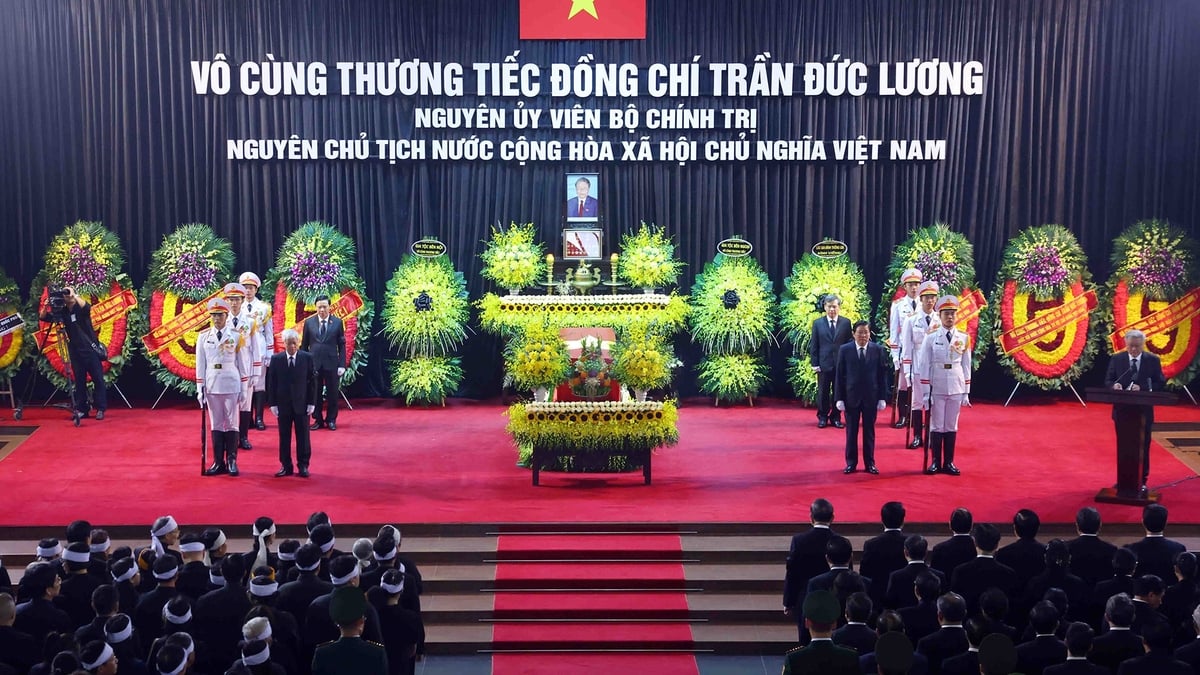
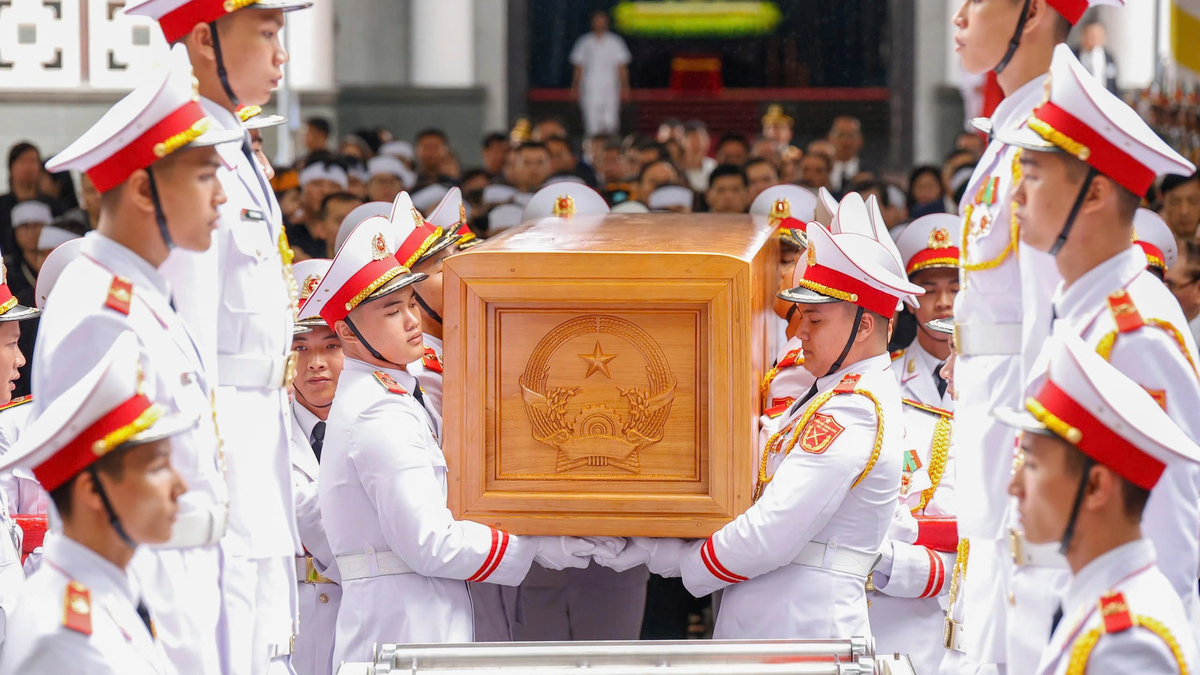
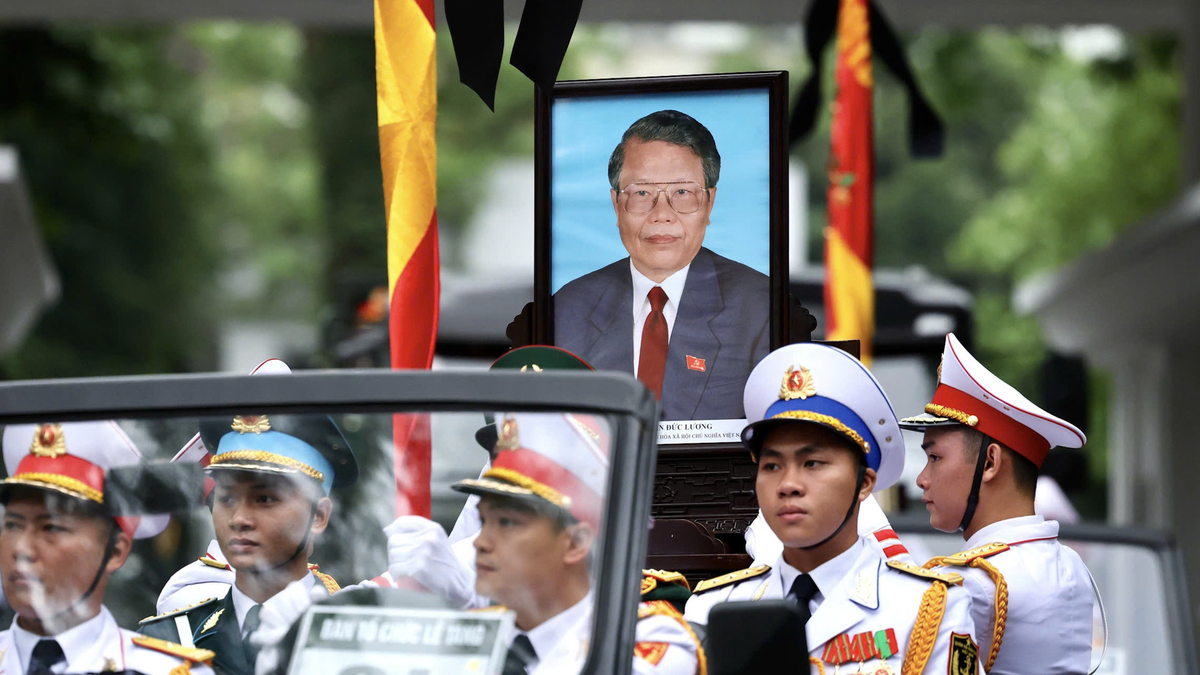
![[Photo] Prime Minister Pham Minh Chinh meets the Vietnamese community in Malaysia](https://vphoto.vietnam.vn/thumb/1200x675/vietnam/resource/IMAGE/2025/5/25/1f11d1256d7745a2a22cc65781f53fdc)
![[Photo] Panorama of the memorial service for former President Tran Duc Luong](https://vphoto.vietnam.vn/thumb/1200x675/vietnam/resource/IMAGE/2025/5/25/d33968481f21434fa9ed0df48b9ecfa9)
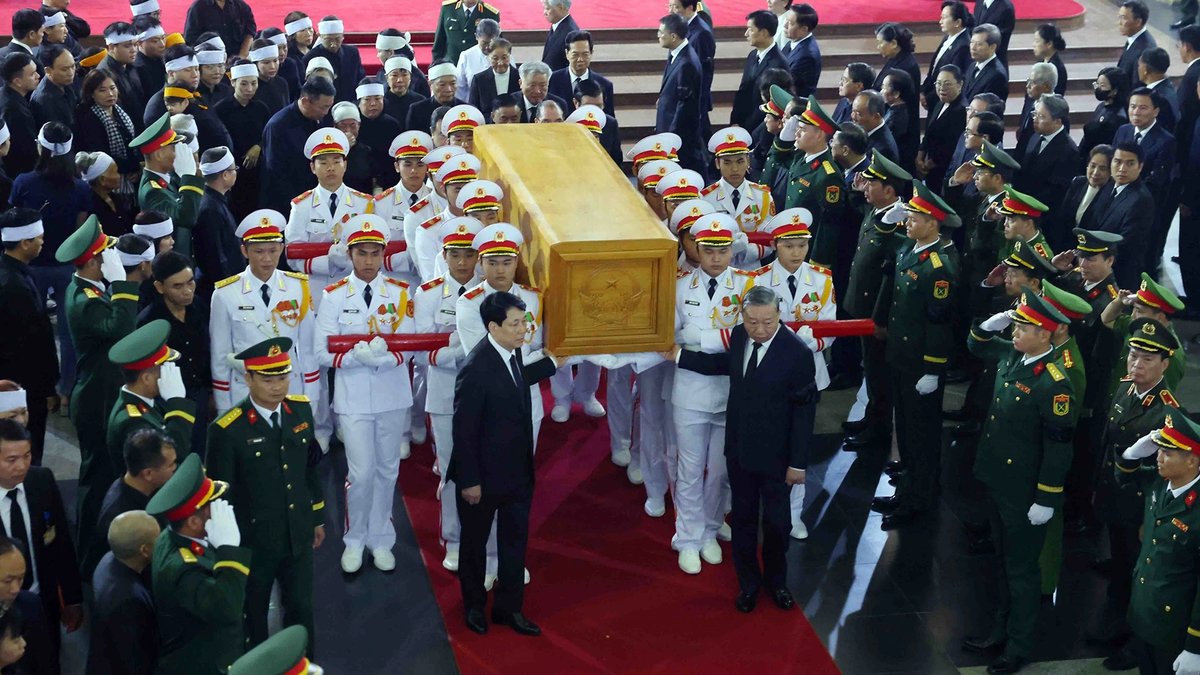


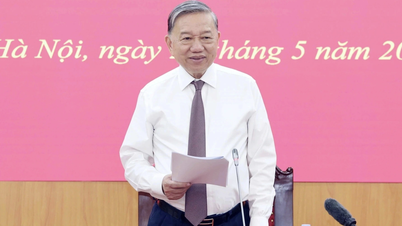

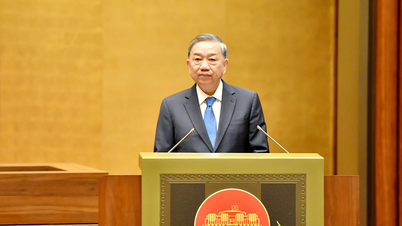



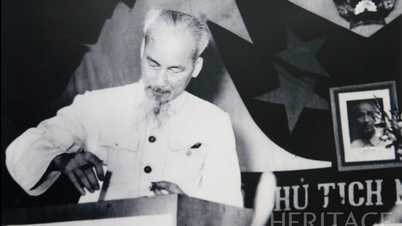







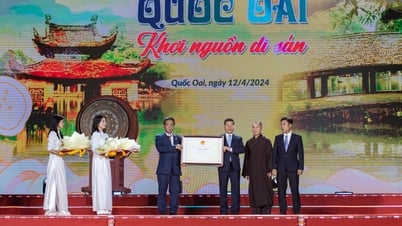

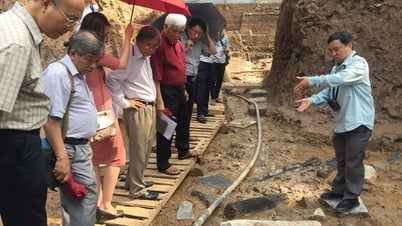




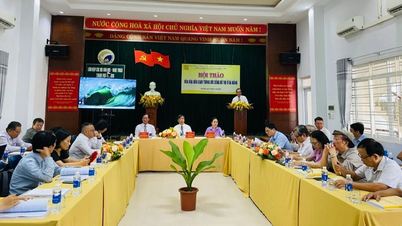

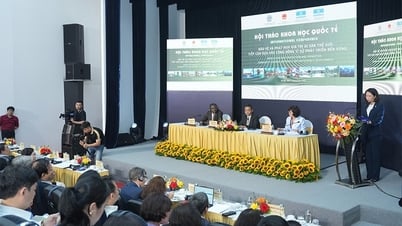



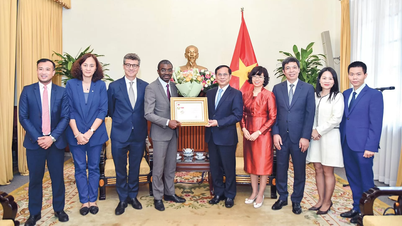








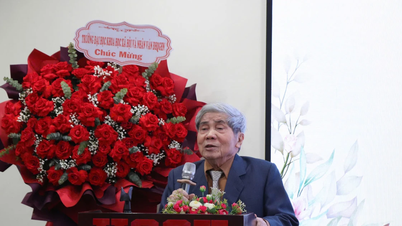














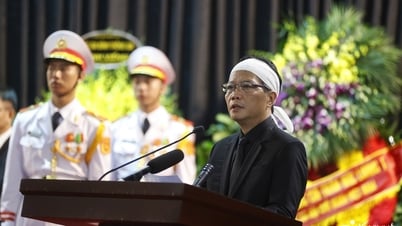

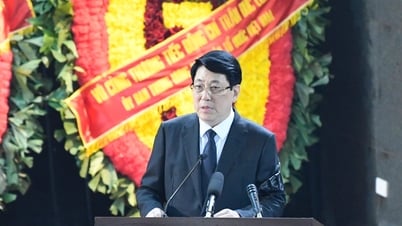
























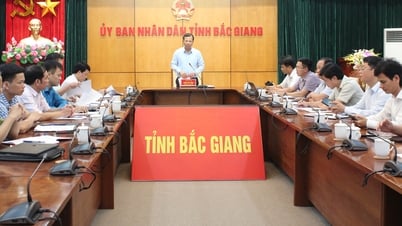



Comment (0)